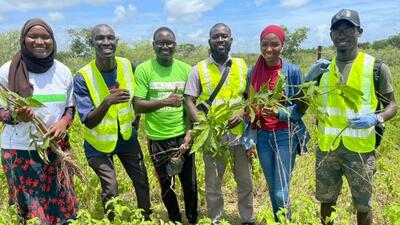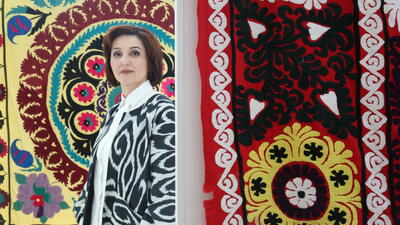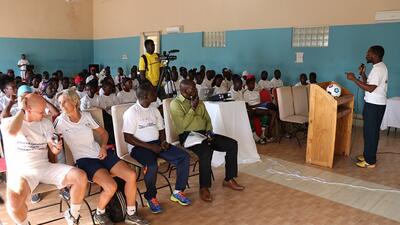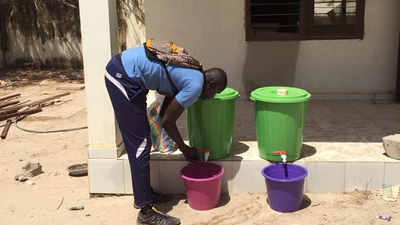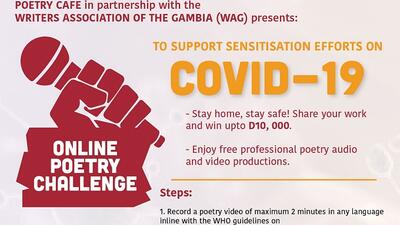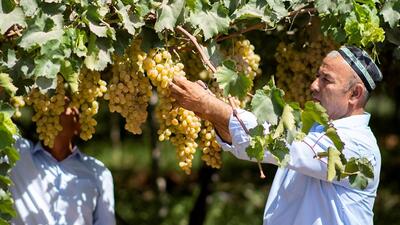
L’ITC introduit une nouvelle technologie pour la conception de projets orientés vers les besoins (en)
Le processus actualisé augmente l’efficacité de l’évaluation des besoins, permettant une aide plus ciblée dans les pays en développement.
ITC’s new country needs assessment leads to more targeted and impactful assistance, thanks to a more inclusive and systematic approach to defining trade-related technical support, said panellists at a session held in conjunction with ITC’s annual meeting earlier this week.
ITC presented its enhanced needs-assessment and project-design process at an informal session of the Joint Advisory Group meeting.
The session on 7 May focused on the implementation of a new needs-assessment methodology to serve as the foundation for developing ITC’s new generation of large projects and programmes. The approach involves a more structured assessment of trade-related needs and bottlenecks in ITC’s beneficiary countries. It integrates various studies and diagnostic work to increase efficiency and effectiveness of project formulation. The goal of the methodology is to jointly define with beneficiary countries and partners the objectives for long-term cooperation in key impact areas.
Friedrich von Kirchbach, Director of Division of Country Programmes at ITC, moderated the discussion between representatives of several countries who took part in ITC’s needs-assessment and project design initiatives.
ITC’s project in Tajikistan’s textiles sector generated a 45% increase in employment among the assisted companies, said Deputy Minister of Economic Development and Trade Saidrahmon Nazriev. He explained that ITC’s interventions since 2002 have helped the country produce value-added fruits, vegetables and clothing for local and international consumption. It has also led to job opportunities for women, a decrease in production waste and manufacturing of higher-quality garments, he said. ITC’s projects, financed by Switzerland’s State Secretariat for Economic Affairs (SECO), contributed to an overall 150% increase in the companies’ exports over the last three years. According to the Deputy Minister, this success is a result of the close collaboration between his Ministry, sector stakeholders and ITC early on in the needs-assessment and project-design stage, which ensures that the trade-related support is aligned with the national development agenda and is owned by its beneficiaries.
H.E. Nimal Karunatilake, Ambassador and Permanent Representative to the World Trade Organization (WTO) from Sri Lanka, said the non-tariff measure (NTM) survey conducted in his country revealed delays in customs processes, in particular involving the inspection of fresh fruit and vegetables. The government is now working with ITC to ease capacity constraints and speed up the process, enabling businesses to export the freshest products possible. Mr Karunatilake said the government would like to expand its partnership with ITC.
Bai Ibrahim Jobe, Coordinator of the Enhanced Integrated Framework of the Ministry of Trade in Gambia, said the needs-assessment analysis conducted in his country led to a number of projects. He said ITC’s help in capacity building of trade institutions in the cashew sector is ensuring quality control of the nuts and competitive pay for farmers who harvest them. The effectiveness of the project is a direct result of a close collaboration between ITC and public and private stakeholders at the needs-assessment and project-design stage, he said.
Explaining ITC’s plans, Mr von Kirchbach described how ITC plans to work with stakeholders to carry out a dozen country and regional needs assessments to intervene in areas identified as high priority by their governments. The goal of the projects is to enable developing countries to export higher-quality goods that are competitive in global markets. This will be done in part by conducting NTM surveys to identify obstacles to trade, benchmarking trade-support institutions and formulating national export strategies, Mr von Kirchbach said.




